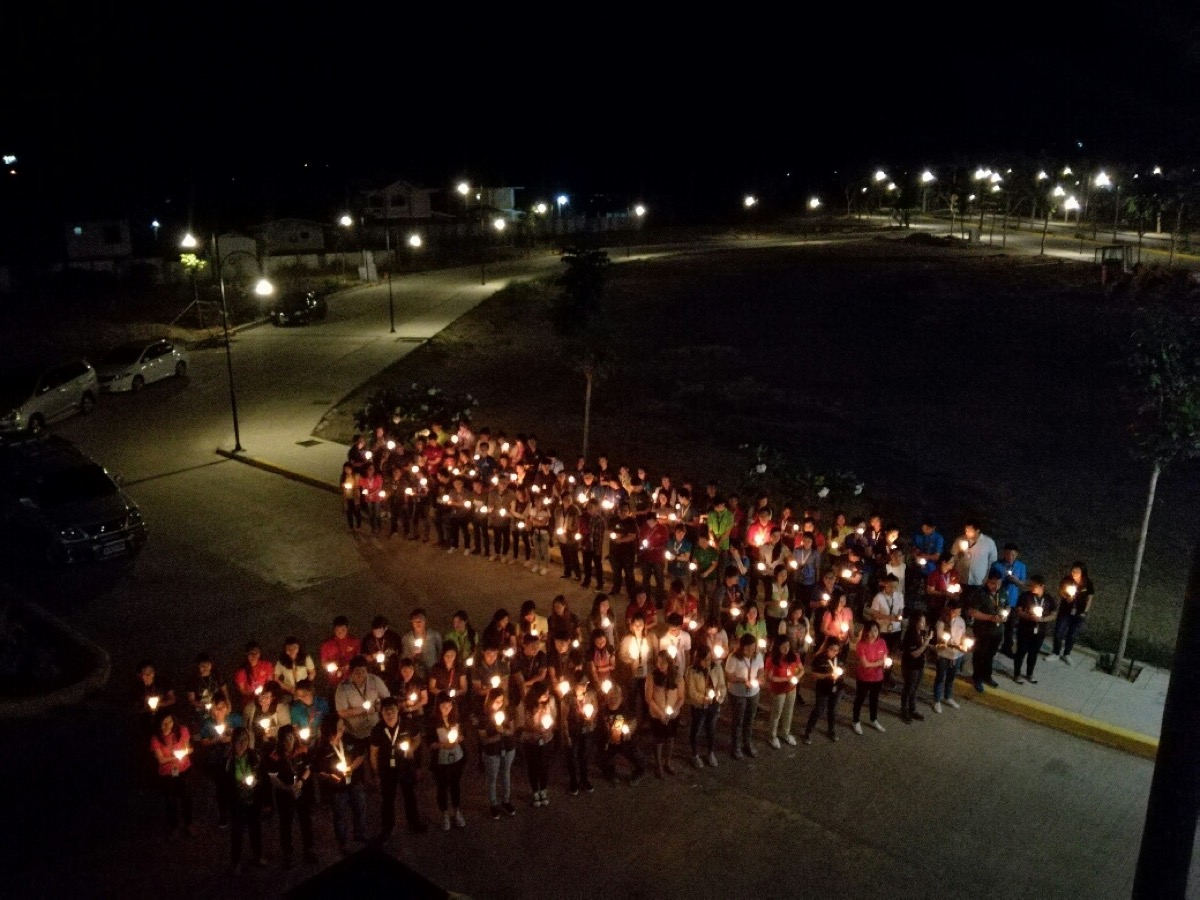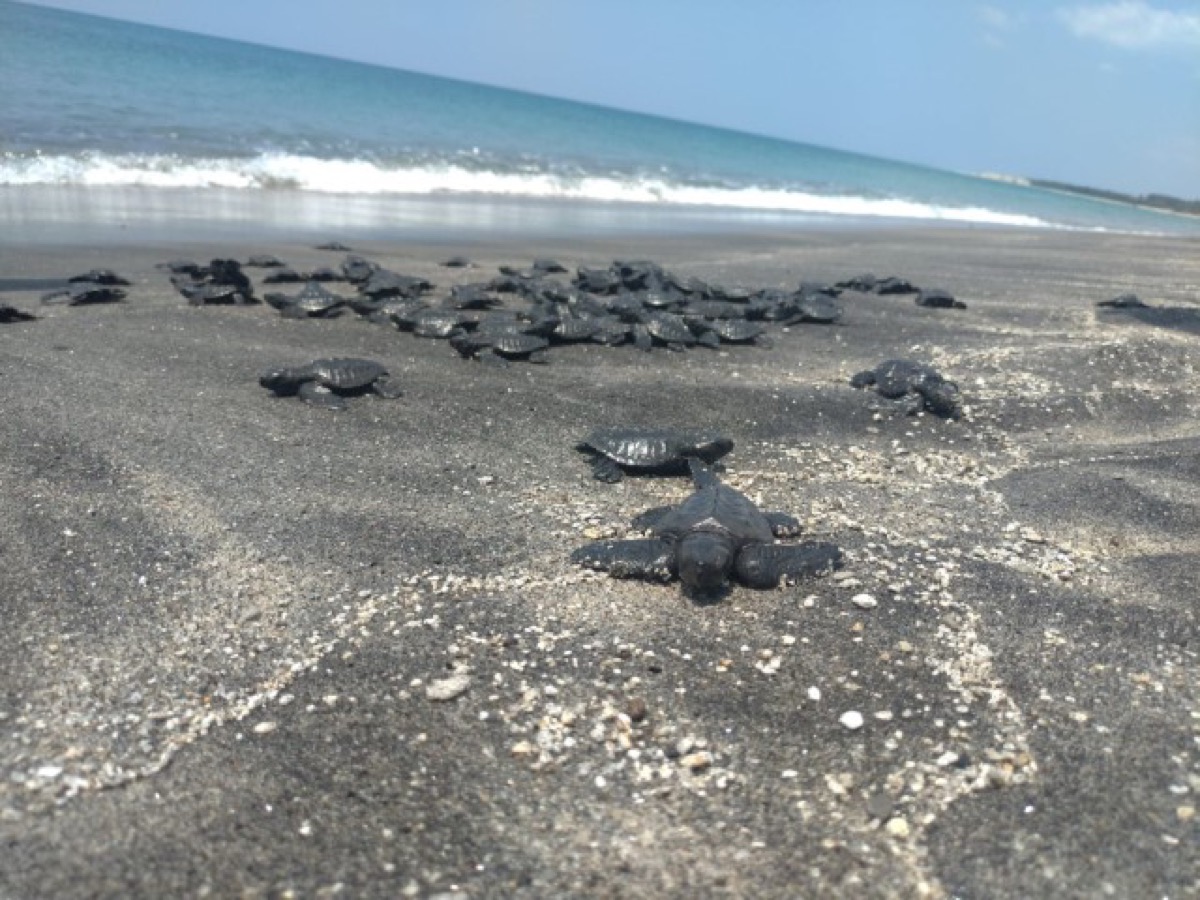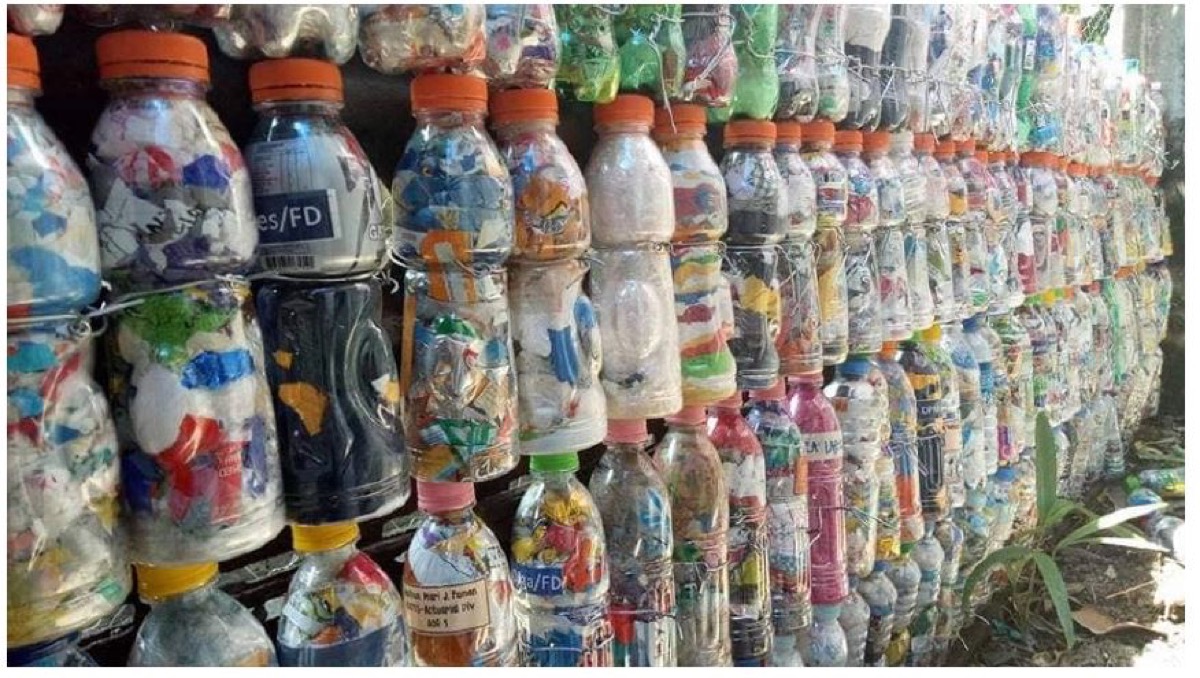The call for countries, companies and individuals to unite for a more sustainable future has never been stronger than now as the world continues to face challenges brought about by the pandemic and recent calamities. Working towards a more sustainable future is everyone’s responsibility and there is no better time to act than now. Corporations are thus stepping up their programs, going beyond the long-established CSR programs and embedding sustainability even deeper at the core of their businesses.
For Accenture, a global professional services company, sustainability spans environmental, social and governance (ESG) issues, from taking climate action on the path to net-zero and caring for its people to accelerating equality for all and conducting business with integrity.
“Accenture has made sustainability one of our greatest responsibilities as a company – not only that it is the right thing to do, but more importantly because we believe that it will create one of the most powerful forces for change in our generation. Just like how every business became a digital business, it is high time to make every business a sustainable one that unlocks real value to improve how we live, work and interact.”
—Lito Tayag, Country Managing Director, Accenture in the Philippines
One area that Accenture is focusing on is environmental sustainability. Accenture is infusing leading environmental practices into its business strategy and operations, while also fostering awareness and responsibility about green initiatives among its people, clients, communities and other stakeholders.
Accenture’s environmental responsibility policy highlights six key areas to be prioritized: people, environmental management system, natural resources, clients and suppliers, energy and emissions, and compliance obligations. For example, one of its key goals is to reduce their environmental footprint globally and reach net-zero emissions by 2025. Accenture continues its progress in having their offices running on 100 percent renewable electricity in 2023, as well as reusing or recycling all furniture and e-waste, including computers and servers. In 2021, over 99% of Accenture e-waste avoided landfills. Accenture is also focused on reducing emissions by requiring 90% of suppliers to disclose their environmental targets and actions to contribute in efforts to save our planet.
In the Philippines, Accenture is ramping up initiatives to support the company’s path to net-zero through various initiatives such as: deployment of smart meter and remote energy monitoring in facilities and locations; advocating move to paperless environments and eliminating single-use plastics; and adopting responsible sourcing, disposal and procurement. These, along with initiatives that care for its people, communities they serve, and technology sustainability make up the four priority areas of Accenture’s sustainability commitment in the Philippines.
Creating meaningful impact
Working on nature-based carbon removal solutions is one of the areas that Accenture is pursuing to support climate action, which is one of the United Nations Sustainable Development Goals (SDGs). For example, in Mindanao, Accenture is currently supporting bamboo plantings through One Tree Planted and Bamboo Ecologic Co., which not only works to reduce carbon but also provide sustainable livelihood for indigenous people residing in the area. This involves planting Dendrocalamus Asper or “Giant Bamboo” alongside native trees in deforested land to remove over 500,000 tons of carbon dioxide. With the areas being prone to floods, the bamboo project is strategically located in river systems and watershed areas to mitigate soil erosion and flood-related landslides. What’s more, locals will be able to benefit from the project’s revenue across the value chain – from the collection of bamboo growing materials “propagules,” growing plants in the nursery, to generating jobs for planting, maintenance and geotagging.
According to Accenture, the bamboo project goes beyond mere planting and leaving the bamboo to grow. When the bamboo plants mature, 15 to 20 percent of these plants will be harvested annually to be developed into high-quality building materials for international markets.

Accenture is currently supporting bamboo plantings in Mindanao through One Tree Planted and Bamboo Ecologic Co., which not only aims to reduce carbon but also provide sustainable livelihood for indigenous people residing in the area.
Shared responsibility for sustainability
As a responsible business, Accenture recognizes the key role that its people play in achieving its environmental goals. And the bamboo project demonstrates the lasting impact of a project, driven by a group’s passion for the environment, can have at the community level.
Thus, Accenture in the Philippines is encouraging its people to share the responsibility of caring for the environment, one initiative at a time. Over 25,000 Eco Champions of Accenture in the Philippines have answered this call, accumulating more than 11,000 volunteering hours across various programs like Earth Hour and Earth Day, pawikan (turtle) release, coastal clean-ups, eco bricks, adopt-a-cup-plant, eco-fashion, trash-to-cash, among others.

Every year, Accenture Philippines’ employee volunteers participate in Earth Hour activities. This photo was taken in 2017 at the company’s site in Ilocos.

Accenture in the Philippines’ Adopt-a-Pawikan fundraising campaign helps release pawikans (marine/sea turtles) to sea and support pawikan centers.

Accenture in the Philippines Environment team organized an eco-bricks making drive in its facilities and donated the eco-bricks to The Plastic Solutions and Project Propel.
“Our environmental strategy may come from the top, but when it’s fully supported by everyone in the company, that’s where real change and a more meaningful impact happen,” Tayag explained. “We are more inspired than ever by the passion and drive of our people to lead the path to a more sustainable future.”







